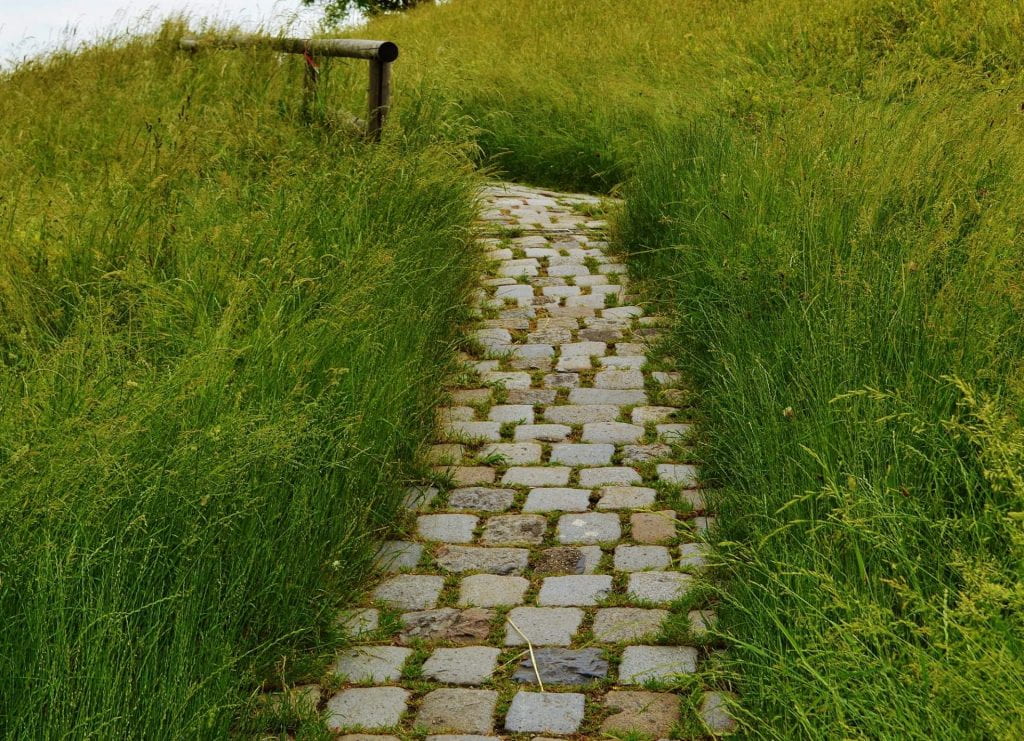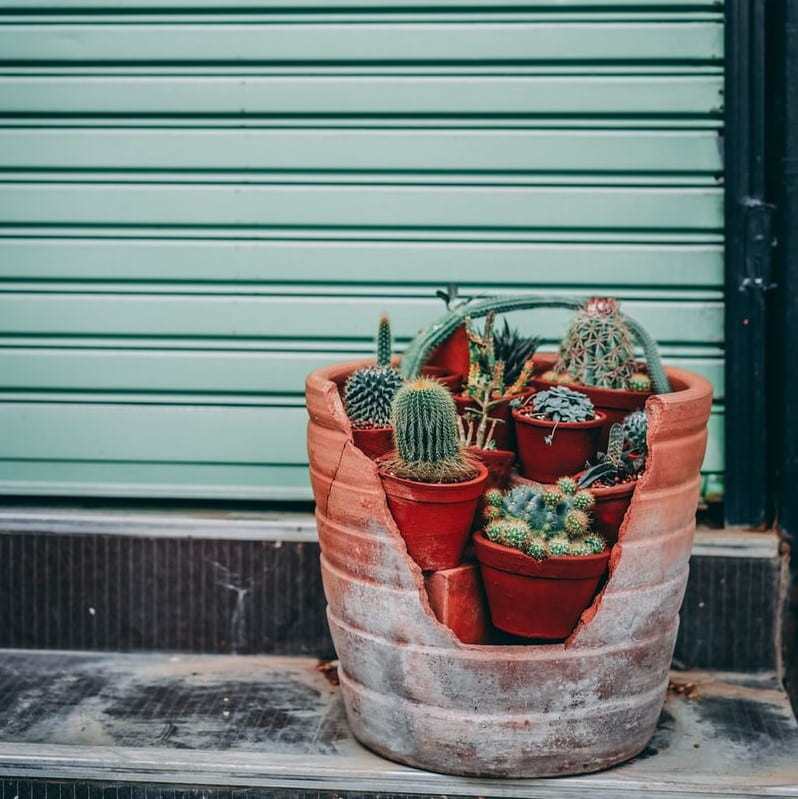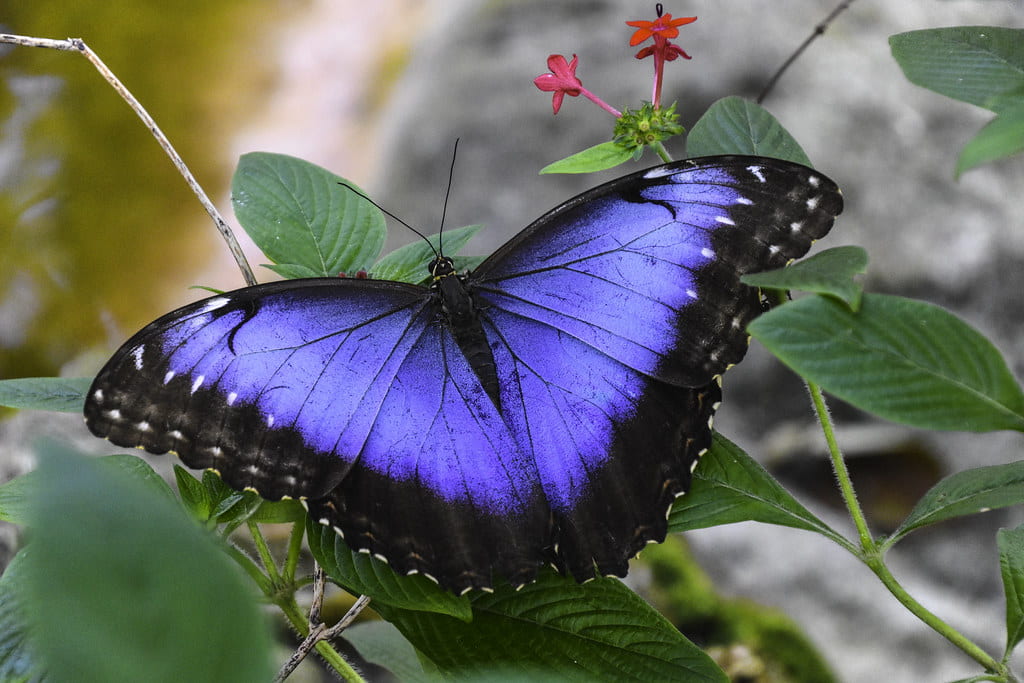 In a fast-moving world saturated with information, visual stimuli, and an abundance of options for every decision, whether important or mundane, living and acting with wisdom can be a daunting task. Growing wise requires courage, grace, and a community of trusted others from whom we learn.
In a fast-moving world saturated with information, visual stimuli, and an abundance of options for every decision, whether important or mundane, living and acting with wisdom can be a daunting task. Growing wise requires courage, grace, and a community of trusted others from whom we learn.
Since approximately 1954, the official motto of DePaul University has been Viam sapientiae monstrabo tibi. This Latin phrase is taken from the biblical book of Proverbs (4:11) and translated into English reads “I will show you the way of wisdom.”1 Additionally, the university’s distinctive logo depicts the “tree of wisdom,” hearkening to the wisdom tradition. It also reflects several other biblical passages from the Hebrew Scriptures that reverence the virtue.
While all universities seek to generate knowledge, participate in research, and help prepare students with the necessary professional skills to succeed in their careers, the commitment implied by our university’s motto is a much taller order. Are we up to the task? What does it entail to show the way of wisdom? How is wisdom evident and learned during the student experience and our communal life?
Wisdom clearly goes beyond the acquisition and retention of cognitive knowledge or facts. It integrates other forms of intelligence, whether interpersonal, emotional, or ethical. Wisdom involves the practical application of intelligence in timely and effective ways, requiring the ability to pay attention to the nuances of situations and to carefully discern the how as well as the what. Wisdom involves knowing when to push a little harder and put in more effort, and when to accept a tough reality and resign oneself to inevitable limitations. There is a reason why ancient spiritual writers praised wisdom and valued it above all things; it doesn’t come easily. In fact, wisdom is often most profoundly gained through experiences that lead us to greater humility or loss. In these we often realize a deeper interconnectedness and interdependency with others.
At DePaul University how do we, or how might we, educate in such a way that we demonstrate, discover, support, or initiate each other into the way of wisdom?
First and foremost, we must each be on our own path of authentically seeking and appreciating wisdom. We must value it above other things, because at some level “we teach who we are.”2 Second, we must understand that we are always teaching, and students are always learning. This occurs not only in the classroom, but also in experiencing the way that we function together as a community and as an institution. Students gain wisdom both through how they are treated and in observing how we treat each other. Third, we have the opportunity in and outside of the classroom to invite students to think about their lives and careers in a larger context. Beyond their own individual success, the education we offer invites them to ponder and re-envision what makes for a meaningful life, what betters the world for others, and what contributes to the common good. Finally, we recognize the mutuality and communal dimension of learning. In the end, whether we are student, teacher, employee, manager, faculty, or staff, we shape and influence one another through our words, decisions, and actions. Herein the way of wisdom is most often evident and manifest daily.
What is the wisdom you believe is important for us to pass on to students, and thus to model in our individual and collective lives at DePaul?
What is the wisdom that you have been blessed to discover or receive that you would like to pass on to others?
Beyond academic degrees and intellectual growth, how can we be an educational institution that also models and shares the way of wisdom?
1 For more on the university’s motto, see this Mission and Ministry blog post or the University Marketing website.
2 Educator and author, Parker Palmer, is most often credited with this important insight. As much as any content or expertise that we seek to convey to students as educators, we are, at the same time, always teaching through the depth of our personal integrity and the quality of the relationships we have with others. See Parker Palmer, The Heart of the Teacher, at: http://www.couragerenewal.org/parker/writings/heart-of-a-teacher/
Reflection by: Mark Laboe, Associate Vice President, Division of Mission and Ministry







